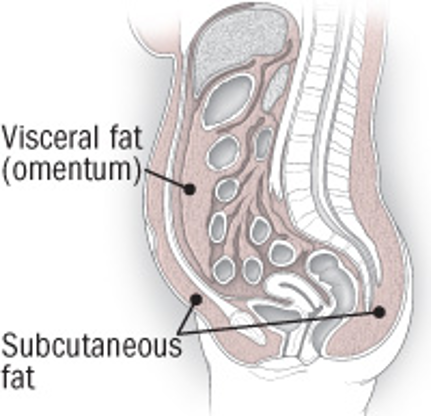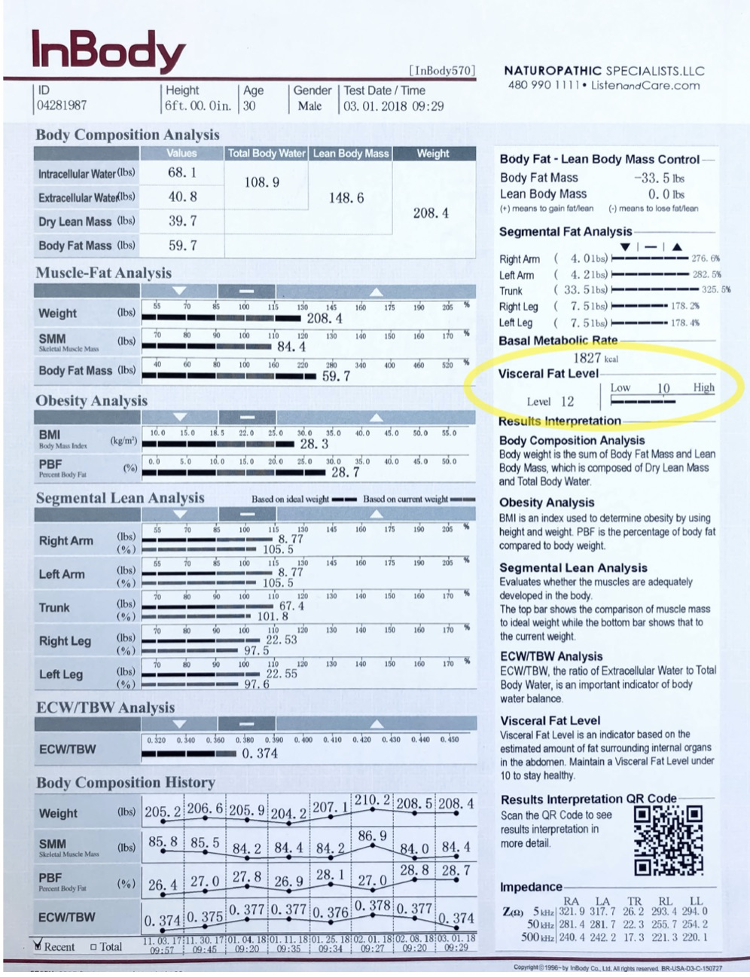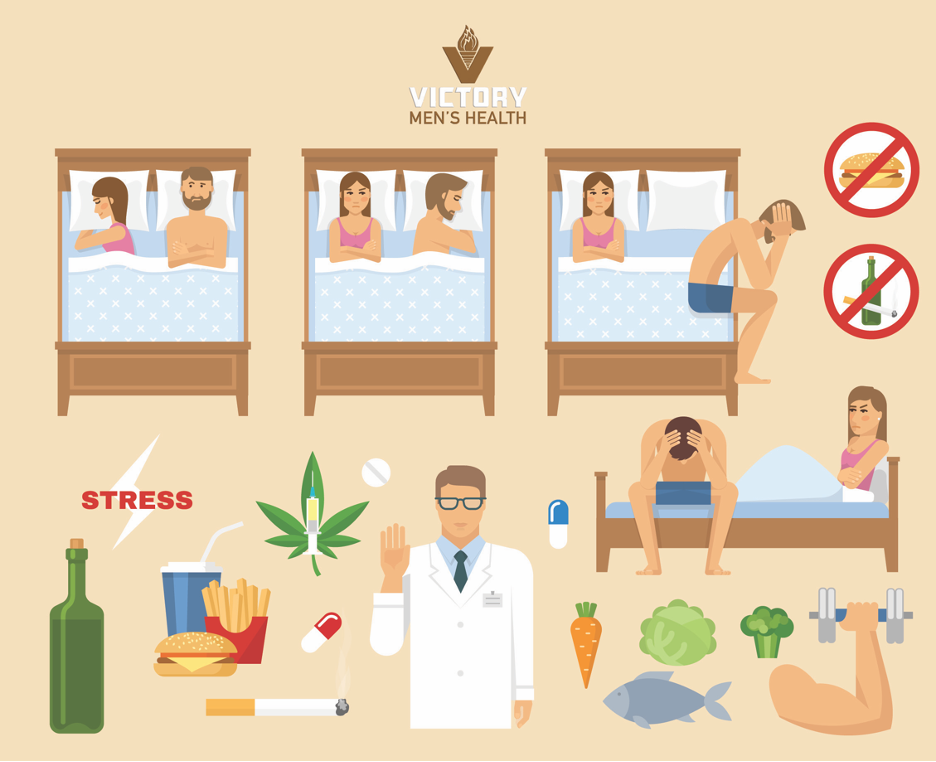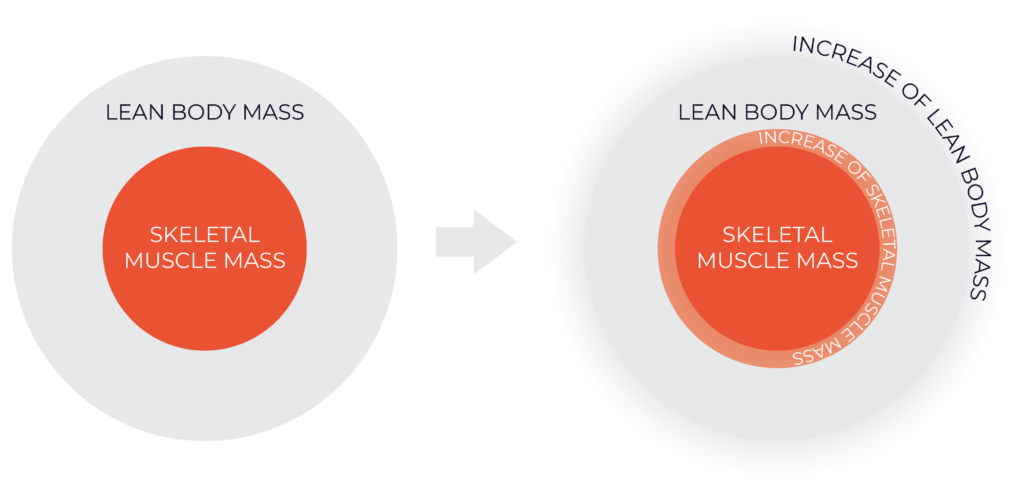Cortisol has become the scapegoat for everything from poor sleep to stubborn belly fat. You’ve heard people say, “My cortisol is too high” or “I think my stress hormones are out of whack.” But cortisol isn’t the bad guy—we need it for both our survival and performance. The real issue starts when your cortisol levels stay elevated for too long.
Here’s what you need to know about cortisol, how it impacts your health, and how to lower cortisol naturally for better health and vitality.
What is Cortisol and Why Does it Matter?
Cortisol is commonly known as the stress hormone, and for good reason.
It’s released by your adrenal glands (which sit on top of your kidneys) in response to physical or emotional stress. Cortisol helps you wake up, stay alert, regulate blood sugar, reduce inflammation, and even keep your mood in check.
Your cortisol levels follow a natural rhythm—rising in the morning to help you get moving and dropping in the evening to help you relax and get better sleep. When this rhythm gets disrupted, that’s when problems can start.

How Do I Know if My Cortisol Levels Are Too High or Too Low?
If your cortisol levels are out of balance, your body will let you know. The symptoms might start subtly, but over time, they can significantly impact how you feel and perform. This rings especially true if you’re trying to keep up with work, workouts, and everything in between.
High Cortisol Symptoms
- Trouble falling or staying asleep
- Constant fatigue, even after a full night’s rest
- Increased belly fat and sugar cravings
- Anxiety or irritability
- Difficulty recovering after workouts
Low Cortisol Symptoms
- Brain fog and low energy
- Dizziness or feeling lightheaded, especially when standing
- Low blood pressure
- Loss of motivation
- Decreased sex drive
What Causes Unhealthy Cortisol Levels?
Today’s fast-paced, high-demand lifestyle is a cortisol trap. Between deadlines, late-night scrolling, lack of sunlight, and back-to-back obligations, your body is stuck in a constant state of “go.” It doesn’t know the difference between real danger and perceived stress—your brain treats work anxiety the same as being chased by a bear. Sound familiar?
Here are some of the biggest culprits behind cortisol imbalance:
- Chronic or perceived stress
- Poor sleep (especially shift work or inconsistent schedules)
- Overtraining or being sedentary
- A diet high in sugar and processed foods
- Too much caffeine or alcohol
- Blue light exposure at night
- Sleeping with the TV on or constantly checking your phone
These factors can turn cortisol from an acute stress responder into a chronic hormone that’s on 24/7, and that can take a toll on your health.

How to Lower Cortisol Naturally
You don’t need to overhaul your entire life to support healthy cortisol levels. Small, consistent changes can make a big impact. Lowering cortisol naturally starts with controlling the inputs that throw your body out of rhythm.
Here are some proven ways to lower cortisol and feel better:
- Fix your sleep schedule. Go to bed and wake up at the same time each day. Cut screens an hour before bed, use blackout curtains, and avoid sleeping with the TV on.
- Eat to balance blood sugar. Focus on protein, fiber, and healthy fats. Limit sugar, caffeine, and processed foods that spike cortisol.
- Move your body—but don’t overdo it. Exercise helps regulate cortisol, but too much high-intensity training can backfire. Incorporate walks, lifting, and mobility work.
- Train your brain. Your body reacts to perceived stress the same way it reacts to real stress. Practicing mindfulness, breathwork, or even cold exposure can help reset your stress response.
- Ditch the stimulants. If you rely on caffeine to survive the day, your adrenals are probably overworked. Try cutting back slowly and replacing with hydration or herbal options.
What’s the Link Between Cortisol and Testosterone?
Cortisol doesn’t exist in a vacuum—it affects other hormones, too. When cortisol is consistently high, it suppresses testosterone, growth hormone, and melatonin production. That means less energy, reduced muscle mass, slower recovery, and lower libido.
Men with elevated nighttime cortisol often struggle with sleep quality and hormone output.
Without proper rest and recovery, your body can’t repair itself, build muscle, or keep your testosterone levels where they should be. Think of cortisol and testosterone like a seesaw—when one goes up, the other often drops.
When to Test Your Cortisol Levels
If you’re constantly tired, wired at night, struggling to sleep, or can’t shake brain fog—testing your cortisol levels might be a wise next step. At Victory Men’s Health, we can measure cortisol through saliva or blood tests and help you pinpoint whether your levels are too high, too low, or just flatlined.
Timing matters—cortisol should spike in the morning and taper off at night. A single test won’t always give the full picture, which is why our team takes a personalized approach to interpreting your results and building a plan that works for you.
Not sure how to choose the right hormone doctor? We sat down with nurse practitioner Lauren Finnerty on the Women Want Strong Men podcast to break down the questions that can help you make the best decision for you. Check it out below, then keep reading for more.
Questions Our Patients Ask About Cortisol
What Are Normal Cortisol Levels Throughout The Day?
Cortisol is highest within 30–45 minutes after waking (called the cortisol awakening response) and gradually declines throughout the day. It should be lowest before bedtime. While the ranges vary depending on the test, normal ranges are typically 10 to 20 micrograms per deciliter between 6 a.m. and 8 a.m., and 3 to 10 mcg/dL around 4 p.m.
How Long Does it Take to Lower Cortisol Levels?
With the right lifestyle changes, some people notice improvements within just a few weeks. However, chronic cortisol imbalance can take several months to correct under the guidance of a healthcare provider.
Can High Cortisol Cause Weight Gain?
Yes, especially around your midsection. Cortisol increases appetite and promotes fat storage, particularly visceral fat (aka hormone belly).
Does Cortisol Affect Testosterone?
Absolutely. Chronically high cortisol blunts testosterone production and disrupts your hormone balance. If you’re struggling with symptoms of low testosterone, we can help you determine the root cause and tailor a treatment plan to suit your unique needs.
Are There Supplements That Help Lower Cortisol?
Yes! Adaptogens like ashwagandha, phosphatidylserine, and magnesium can help. However, they work best when combined with lifestyle changes, and should only be taken under the guidance of a knowledgeable healthcare provider.
Optimize Your Hormone Health with Victory Men’s Health
Cortisol isn’t the enemy, but when your levels are off, it can derail everything from your energy and focus to your sleep quality and hormone health. If you’re feeling worn down, stressed out, or stuck in a cycle of poor recovery and low motivation, it’s time to get your levels checked.
At Victory Men’s Health, we offer advanced testing and personalized support to help you rebalance your hormones and feel like yourself again. Let’s get to the root cause and build a plan that works. Contact us today to schedule your consultation.









